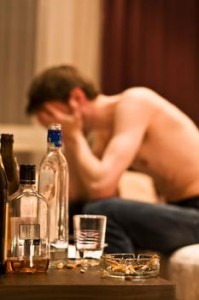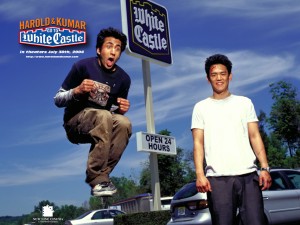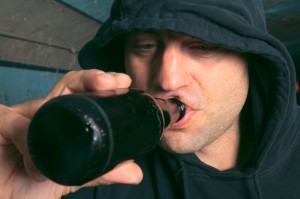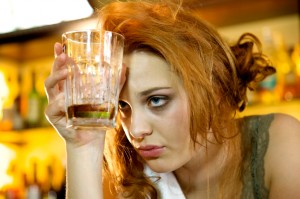Dangers of Drinking in the Morning
There are two main dangers of drinking in the morning: first, although it prevents heavy drinkers from going into alcohol withdrawals, this is an indication of something more problematic than a hangover; second, drinking in the morning can affect your family and social life and your physical health. So, if you find yourself needing an eye-opener most if not every day, it’s time to reevaluate things.
Drinking in the Morning and Hair of the Dog
The term ‘hair of the dog’ is a shortened version of the phrase: “A hair of the dog that bit you is all that you need” to cure a hangover. This sentiment has been repeated many a time by those giving advice to their remorseful friends wishing to avoid the nasty consequences of heavy drinking the night before: the dreaded hangover. Drinking in the morning, or having an “eye-opener,” is thought to “cure” a hangover however, all it does it delay the inevitable symptoms: pounding headache, light and sound sensitivity, nausea, upset stomach, and so on.
In actuality, the true purpose drinking in the morning is to get you back to where you were five hours ago. Read: intoxicated. After getting about five hours’ sleep, hair of the dog is the virtual time machine that brings you back to last night’s state of drunkenness. And this is an indication of the many dangers of drinking in the morning that are to come.
The Dangers of Drinking in the Morning
One of the dangers of drinking in the morning is that it too easily can become a habit – an indication of a greater problem. If you are going to be driving, then even a small amount of alcohol in the morning can put you over the legal limit when you consider that your blood alcohol content from the night before is still a factor.
Social Dangers of Drinking in the Morning
There are many dangers of drinking in the morning including:
If you feel like you have to drink first thing in the morning in order to face the day, this is most likely an indication psychological dependence on alcohol.
Other dangers of drinking in the morning are that it can easily lead to drinking all day and can make you less productive, which can affect your job.
Drinking in the morning can make you more likely to be involved in accidents – car, work, etc.
Drinking in the morning will usually cause you to blow off your responsibilities.
Health Dangers of Drinking in the Morning
If you are drinking in the morning in order to avoid alcohol withdrawal symptoms, then you are already physically dependent and have possibly crossed over into alcoholism.
If you’re drinking in the morning, you are most likely drinking alone, meaning that you are not drinking alcohol to be sociable but to feel the effects of the alcohol – another indication of burgeoning alcoholism.
Other health dangers of drinking in the morning develop because of drinking alcohol on an empty stomach. This is extremely damaging to your health because it puts you at a greater likelihood of developing alcoholic liver disease and alcoholic dementia.
Sources:






